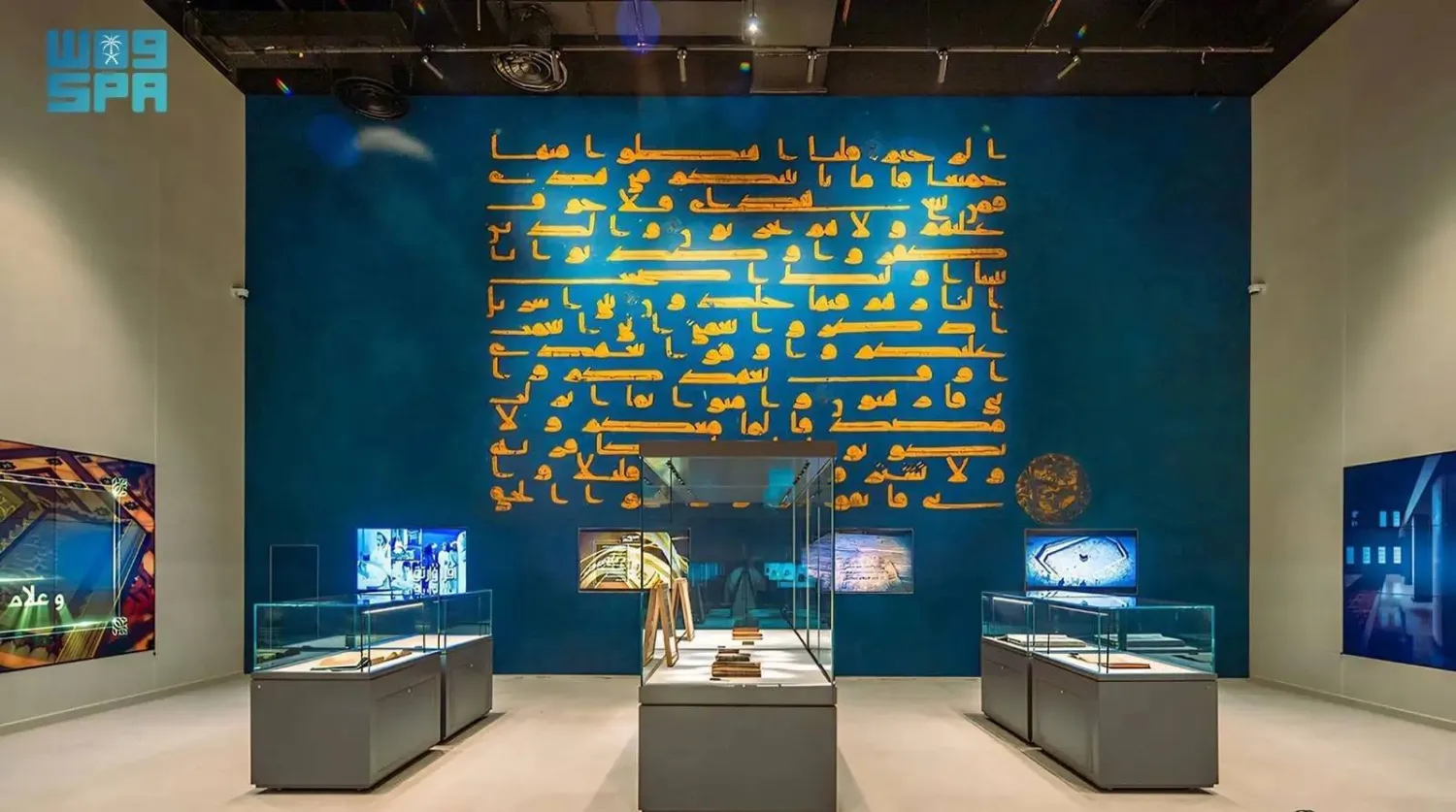Initiated into the thousand-year-old practice of Nablus soap making by a distant relative, Umm al-Abed is now passing on the secrets of the practice newly designated by UNESCO as intangible world heritage, Agence France Presse reported.
Umm al-Abed handcrafts soap at her home in the village of Salem, east of Nablus, in one of many small soap workshops across the Israeli-occupied West Bank.
The process is rudimentary, involving a plastic bucket in a concrete courtyard and just three ingredients: olive oil, water and lye.
"The person who taught us to make the soap was an elderly relative from the village of Immatin. A long time ago, around 20 to 30 years, she came here and made soap," Umm al-Abed said.
"When she cooked the oil, I watched how she did it. I learnt the processes and I began to make soap myself. I made it for all the residents" of the village, she said.
Behind Umm al-Abed, the women were hard at work. One poured olive oil from a container, then added the lye. Using a long stick, she stirred the mixture with one hand and poured in water with the other. As she did so, the mixture gradually turned vibrant green.
The cooking is done in an oil drum over a wood fire. When the mixture is ready, it is poured into large, plastic-lined trays and left to cool and harden.
The giant block is then marked by hand before being cut into small bars of soap with a giant metal sheet.
The artisanal process, handed down from generation to generation, was recently added to UNESCO's list of intangible cultural heritage.
- 'Need to preserve it' -
It joins other Palestinian entries like hikaye, a tradition of female storytelling, the traditional dabkeh dance and embroidery.
According to the UN's cultural organization: "The use of olive oil reflects people's strong relation to nature, and many people use their homemade soap as a personal gift for celebrations such as weddings and birthdays."
"Most families in Palestine share the tradition, with both men and women taking part" in all stages of production and children helping to cut and pack it.
In Nablus, the Tuqan soap factory, established in 1872, continues to churn out bars.
It was founded "in the Ottoman period and has made soap ever since", said Nael Qubbaj, the factory chief.
He sat in his office, surrounded by faded portraits of suit and fez-wearing men, all members of the Abdul Fattah Tuqan family, co-founders of the factory.
The site's output is considerably higher than that of Umm al-Abed's artisanal workshop.
On the factory floor, a layer of soap covered the whole room from wall to wall. A barefoot soap maker slowly walked backwards across the room slicing the vast soap carpet into perfectly sized individual blocks.
The thousands of individual soaps were then stacked into hollow round towers to dry before being individually wrapped.
Recognition by UNESCO of Nablus soap "is an acknowledgement by the global community... of the significance of this craft and the need to preserve it," AFP quoted Qubbaj as saying.
Doing so was especially important "given the Israeli occupation's efforts to undermine these traditional industries," he said.









